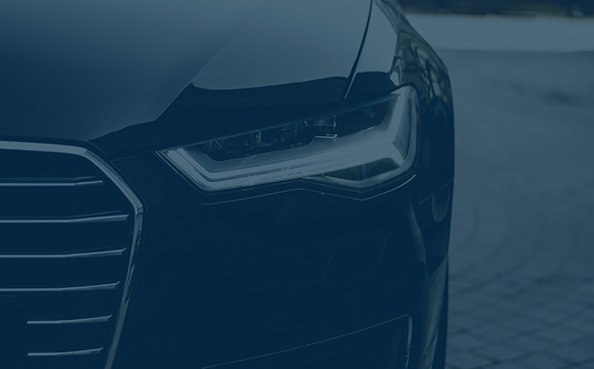By MICHAEL FLITTON
At the tail end of 2020 PPG announced the acquisition of Ennis-Flint, a global coatings manufacturer based in North Carolina, USA for US$1.15bn.
The company is a global leader in advanced pavement markings and traffic safety solutions, with a comprehensive portfolio of innovative products.
On the face of it the acquisition of a company which provides pavement paint might strike some as uninspiring. For PPG however, it is yet one more piece of a bigger mobility puzzle. Coatings are emerging as a critical layer in the infrastructure to enable advanced mobility. For example, they are important in determining the effectiveness of communication between vehicles and perception of the surrounding road environment. As autonomous driving complexity rises, so too must the functionality level of the coatings employed. Electrification also depends on coatings to enhance battery performance.
Mobility has been a strategic focus for PPG for some time. A mobility focused team was formed in 2017 but the company’s products have been born from innovation going back decades. Ennis-Flint slots into a portfolio which is already broad, from cathode binders for battery packs, to lidar-reflective coatings and self-shedding surfaces.
The opportunity is significant. The company perceives the shift to autonomous, to electric and to a consumer aesthetic driven interior vastly increasing the ‘amount of real estate’ for PPG’s solutions. For example, as the world transitions to electric vehicles, the coatings PPG has developed will be integral to the proper functioning of the battery pack, raising PPG’s content per vehicle by 2-4x over a traditional drivetrain.
The Ennis-Flint acquisition connects vehicle solutions to the external environment. This places PPG in a central role to provide solutions for the vehicles of the future. It is another example of how technology pervades the Global Leaders portfolio, residing in places that may surprise.
Image: Tiffany & Co./LVMH



